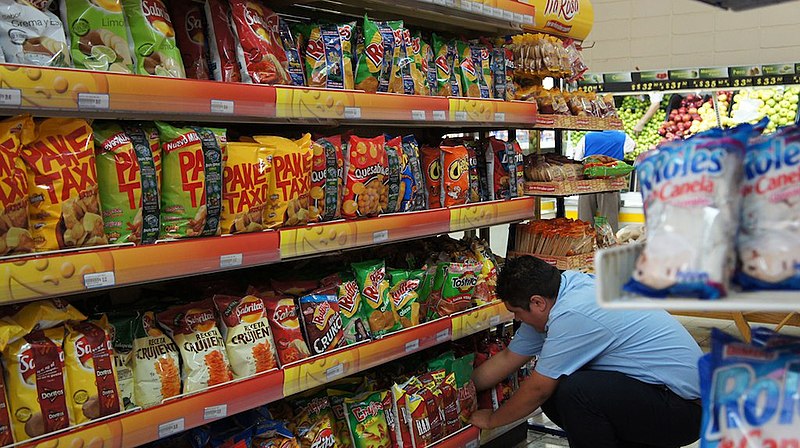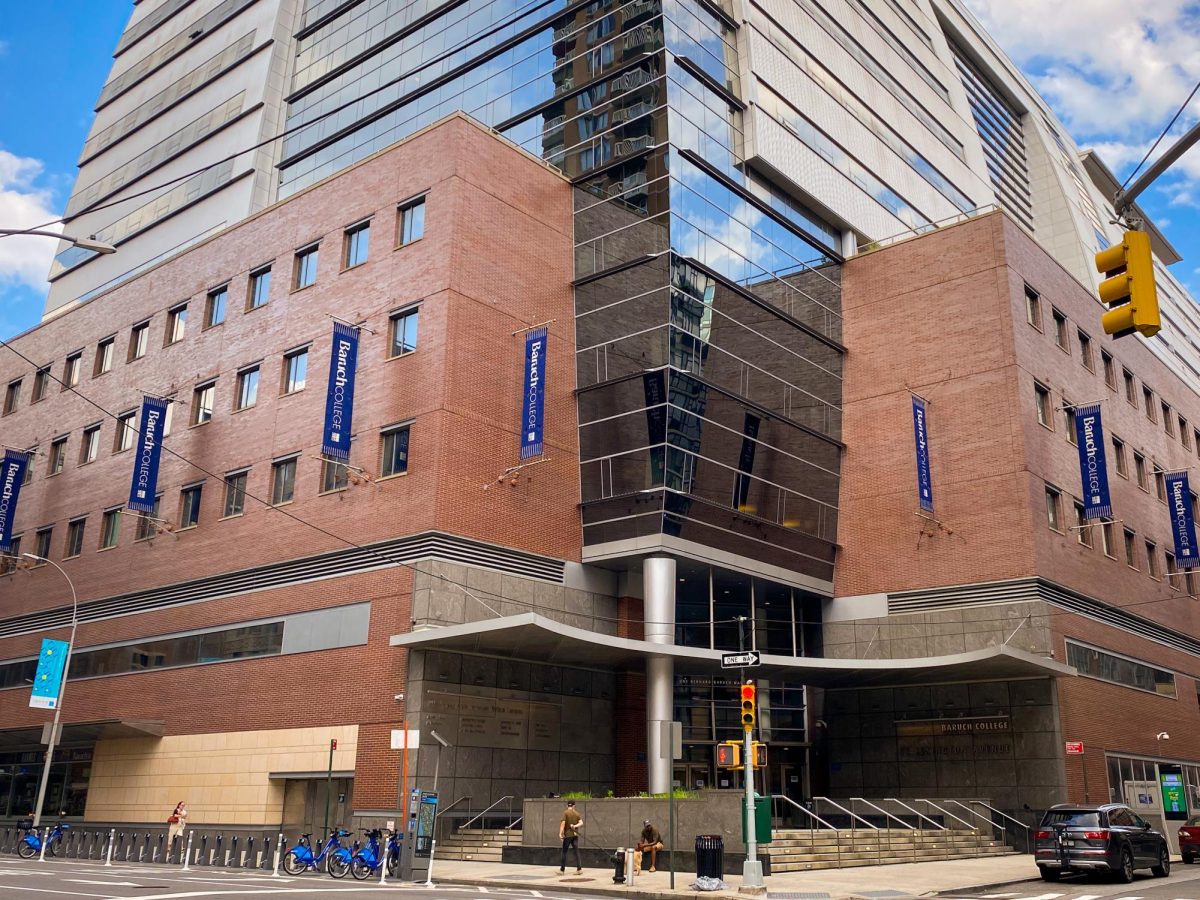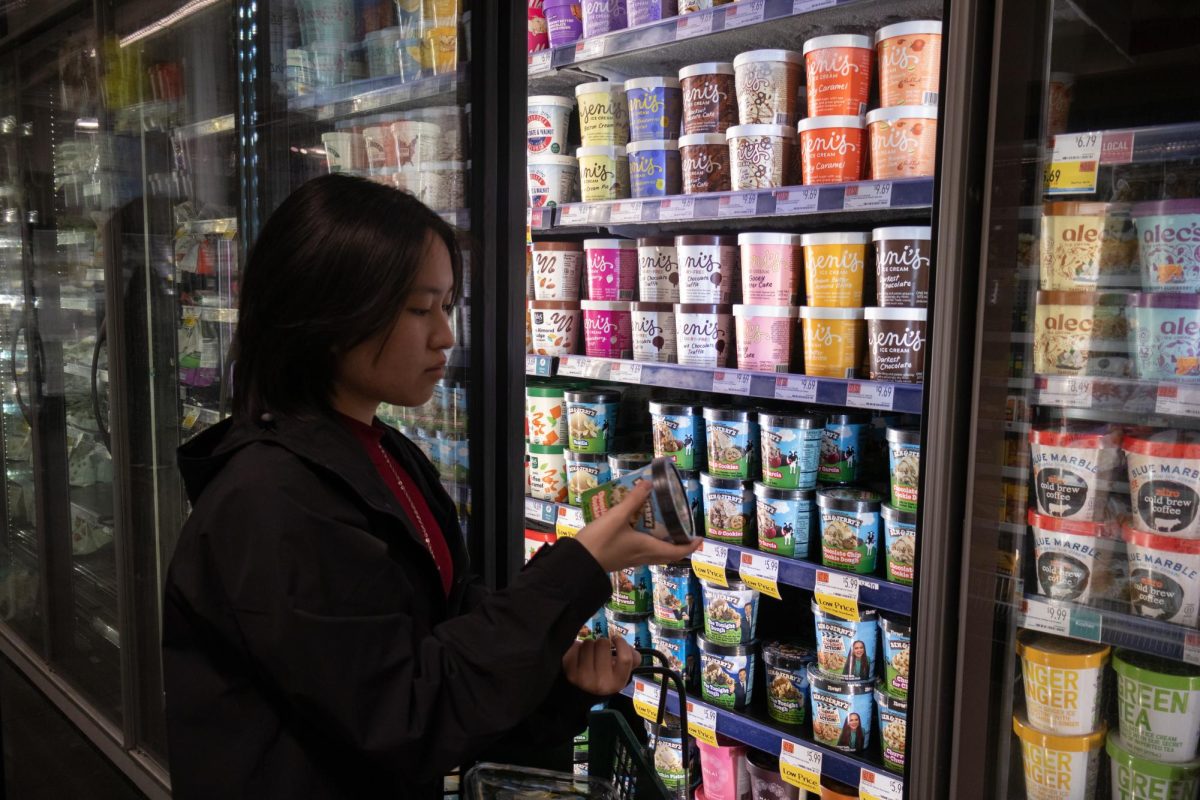Maplebear Inc., the parent company to leading grocery delivery service Instacart, debuted its long-awaited IPO on Sept. 19 under the ticker symbol CART.
Prior to its trading debut, Instacart raised its trading price range by 7% with the company expecting the stock to trade at the top end of its price range of $30 per share after the successful debut of ARM Holdings.
The stock opened strong, with shares trading at $42.95 per share but closing the trading day at $33.70 per share, leaving the company’s valuation at $11.2 billion on a fully diluted basis. However, the valuation fell short of the $39 billion valuation it achieved during a private funding session in 2021.
“This is a well-orchestrated pop that is typical with an IPO obviously working with the flow and some of the excitement,” Gene Munster, managing partner at Deepwater Asset Management, told CNBC on an episode of Closing Bell: Overtime. “So I think, when you think about the investment case of Instacart, let’s just block out the fact that it’s up 20% today and ask the fundamental question: What is the growth story?”
The Ticker previously reported that Instacart listed the expansion of its partners and advertisement business by utilizing artificial intelligence as one of its core growth strategies. However, a decreasing growth transaction volume could reduce partners’ interest in the company because of declining orders.
Instacart acknowledged the relative decline in gross transaction volumes but reassured investors that it will continue to grow orders by increasing partners and customer engagement, stating that “the strength of our brand enables us to attract customers to Instacart on an organic basis.”
Additionally, concerns over the company’s profitability and scalability were abundant due to its advertising business making up 28% of its revenue and its increasing lineup of strong competitors.
These concerns were reflected in its stock after the initial surge subdued, with share prices plummeting to its original offering price of $30 with a low of $29.96 on Sept. 22.
Despite the stock’s plummeting performance, Fidji Simo, CEO of Instacart, expressed that they were not looking for a perfect market window and that the IPO was not about raising money but ensuring employees have liquidity.
“We felt that it was really important that we give our employees liquidity.” Simo said on an episode of CNBC’s Squawk on the Street. “As you know, this IPO is not about raising money for us. It’s really about making sure that all employees can have liquidity on the stock that they work very hard for. We weren’t looking for a perfect market window, we were just looking for supportive investors.”
Conditionally, Simo expressed how Instacart did benefit from the Covid-19 pandemic. However, it proved it was not a “pandemic fad” by keeping and growing the Covid gains.
Investors and advisers commended Instacart’s willingness to accept valuation cuts, hoping that other companies would do the same and create more activity in the IPO market.
“Most venture capitalists recognize the last rounds, in many cases, represented stretch goals that are unattainable prior to a public listing,” Mark Caccavo, a general partner at Millennia Capital, told The Wall Street Journal. “As soon as we get down to valuations that make sense when we see sellers capitulating, I think you’ll see public investors take notice.”
A slowing growth rate and increased reliance on partners and its advertising business swayed confidence in the company’s success, leading to a lackluster response from Wall Street.
“Investors are receptive to new issuances but only for a certain type of company,” Chris Donini, managing director at Raine Group, explained to The Wall Street Journal. “Investors want to see financial stability, and they want to see a catalyst for growth.”








